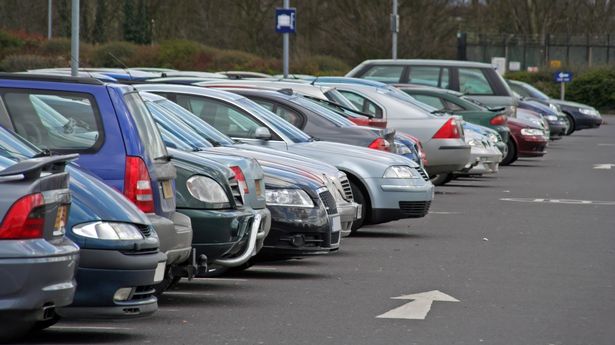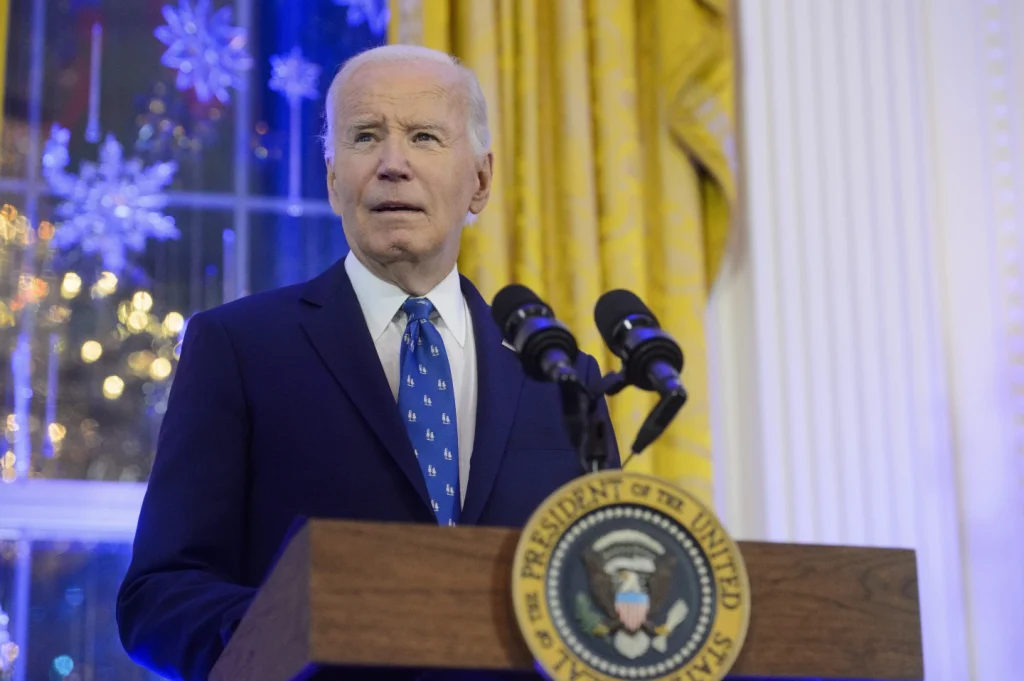UK Government Faces Pressure to Repeal Luxury Car Tax on Electric Vehicles

A recent controversy has erupted over the UK government’s decision to impose a luxury car tax on electric vehicles (EVs). The tax, which is set to take effect in April, will add an extra £2,125 to the cost of new EVs priced above £40,000.
Critics argue that the tax will unfairly penalize drivers who are trying to make environmentally friendly choices. Electric vehicles are already more expensive than their petrol and diesel counterparts, and the added tax will make them even less affordable for many consumers.
According to research by the Society of Motor Manufacturers and Traders (SMMT), around 70% of new EVs will be liable for the tax, compared to just 18% of petrol and diesel vehicles. This means that hundreds of thousands of EV drivers will be forced to pay the extra tax.
The tax has been widely criticized by industry experts and consumer groups, who argue that it will undermine the government’s efforts to promote the adoption of electric vehicles. The UK has set a target of banning the sale of new petrol and diesel cars by 2030, and the tax is seen as a major obstacle to achieving this goal.
Ginny Buckley, founder of the electric car advice website (link unavailable), said: “The £40,000 threshold is arbitrary and doesn’t reflect the reality of the EV market. Many affordable EVs will be caught by this tax, making them less competitive with petrol and diesel cars.”
Stuart Masson, editor of The Car Expert UK, added: “The luxury car tax is not going to help EV adoption. For most people sitting on the fence, the tax won’t change that much. But for a small number, it could have a substantial effect on affordability.”
The controversy over the luxury car tax has sparked a wider debate about the government’s approach to promoting electric vehicles. While the UK has made significant progress in recent years, many experts argue that more needs to be done to encourage consumers to switch to EVs.
Quentin Willson, founder of the FairCharge lobby group, said: “We need to encourage mass adoption of EVs, and this tax is one of the signals coming out of the Treasury that confuses consumers. It’ll be another reason not to change behavior.”
The UK government has defended the tax, arguing that it is necessary to ensure that EV owners contribute to the cost of maintaining the country’s roads. However, critics argue that the tax is unfair and will disproportionately affect low-income drivers who are trying to make environmentally friendly choices.
As the controversy over the luxury car tax continues to grow, it remains to be seen whether the government will reconsider its decision and repeal the tax. One thing is certain, however: the tax has sparked a wider debate about the government’s approach to promoting electric vehicles, and it will be interesting to see how this debate unfolds in the coming months.






